Tech spies face tougher Korean penalties; 18 years in jail for overseas leaks
The move comes as attempts to smuggle key tech out of Korea increase, dealing a heavy blow to major domestic industries
By Jan 19, 2024 (Gmt+09:00)
LG Chem to sell water filter business to Glenwood PE for $692 million


Kyobo Life poised to buy Japan’s SBI Group-owned savings bank


KT&G eyes overseas M&A after rejecting activist fund's offer


StockX in merger talks with Naver’s online reseller Kream


Mirae Asset to be named Korea Post’s core real estate fund operator


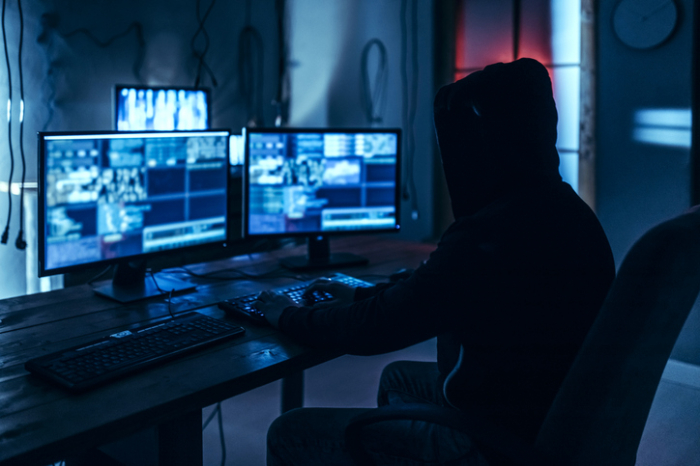
South Korea plans to dole out harsher punishments for industrial espionage, with a proposal to triple the penalty for an overseas leak of national technology to 18 years in prison as cases of tech theft increase, hitting large conglomerates.
The Sentencing Commission of Korea’s Supreme Court said on Friday it is now classifying technology infringement crimes as a category separate from acts of trade secret infringement.
As a result, tech leaks, theft and infringement of national core technologies will be separately handled, allowing judges to give out tougher penalties to perpetrators.
The top court said the move is in response to criticism that punishments for industrial espionage have been excessively lenient, failing to prevent recurrences.
“Our decision reflects the national consensus for stricter sentencing on technology infringement crimes,” the commission said.
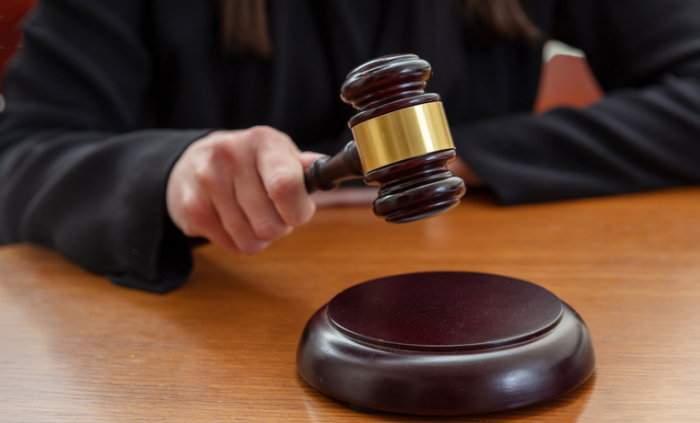
The Supreme Court commission will hold a public hearing on Feb. 16 before finalizing the tougher sentencing guidelines at a plenary session on March 25.
TECH THEFT, A SEPARATE CATEGORY FOR SENTENCING
Crimes related to tech theft are currently classified as acts of trade secret infringement, resulting in imprisonment of up to six years if convicted.
Under the commission’s proposal, a proven key national technology leak overseas would face up to 18 years of imprisonment.
The maximum sentence for an overseas leak of industrial technologies other than national core technologies will be increased to 15 years from the current nine while industrial espionage within the country will be subject to nine years behind bars, up from six years now.
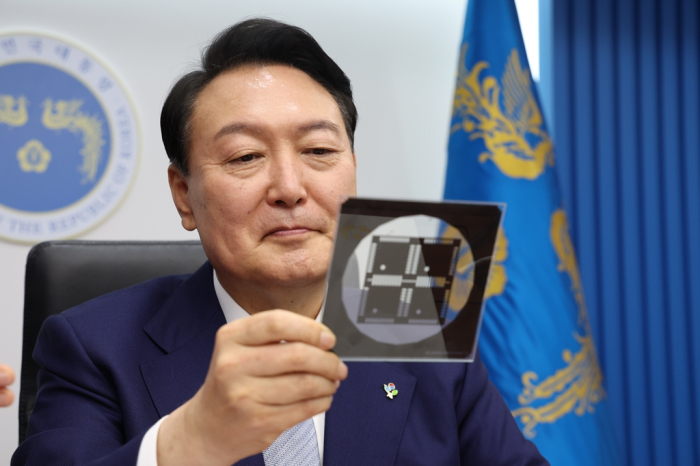
Sentencing criteria set up by the commission serve as a guideline for judges when making rulings.
The commission also said it would recommend judges should not show leniency to perpetrators just because they are “first-time offenders.”
KOREA VULNERABLE TO TECH SPIES
Business leaders and government officials have been calling for harsher penalties as attempts to smuggle key technology out of Korea increase, threatening the security of the country’s major industries.
According to a November 2023 analysis of government documents by The Korea Economic Daily, from March 2019 to October 2023 a total of 1,310 industrial property theft cases were detected by the Korean Intellectual Property Office (KIPO), came under prosecutor investigation and went to trial. None of the accused, however, were given prison terms of more than six months.
According to data from the National Intelligence Service (NIS), more than 30 semiconductor-related technology leaks have occurred since 2018 – a fourfold increase from seven in the five years prior.
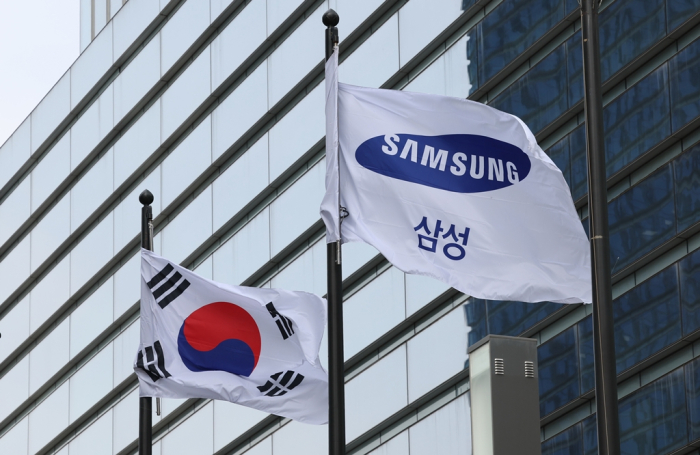
Korea is home to the world’s two largest memory chipmakers – Samsung Electronics Co. and SK Hynix Inc.
Of all 104 tech leak cases identified in the past five years, 60 cases, or 58%, were related to national strategic technologies, including semiconductors, displays and batteries – key growth drivers for Korea, Asia’s fourth-largest economy.
The spy agency estimated damages inflicted on Korean companies by illegal activities over the past five years at 25 trillion won ($19 billion).
HEAVIER PUNISHMENT FOR DRUG SALES TO MINORS, STALKING
The Supreme Court’s commission said it would also strengthen its sentencing guidelines for crimes related to drug sales to minors and stalking.
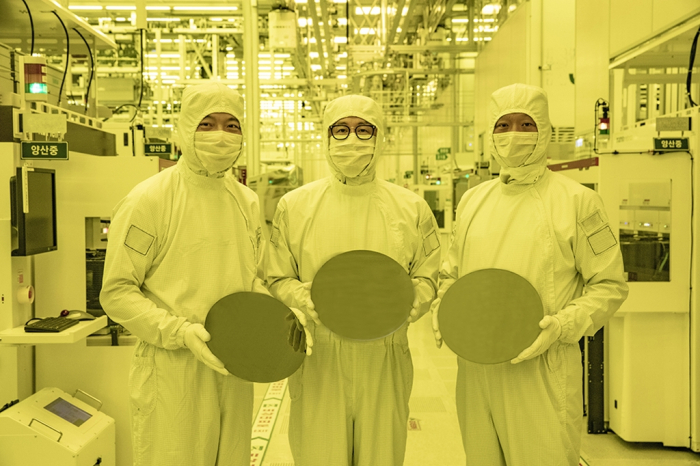
The commission said it would recommend judges give a life sentence to people involved in drug trafficking worth 1 billion won or more, and those who sell drugs to minors.
The penalty range for acts related to marijuana, which has relatively weak addictive properties but can lead to other serious drug addictions, would rise to one to three years in prison, from the current 10-12 months.
Providing narcotics to others without their consent or used as a means to commit other crimes would face aggravated punishment, the commission said.
For stalking crimes, prison terms for general types would be raised to a maximum of three years. A maximum of five years in prison would be recommended if a stalker carries a weapon.
If a stalking victim changes their job, moves to another place, or gives up their job for fear of further stalking, or if they suffer posttraumatic stress disorder or panic disorder because of stalking, the perpetrator will face aggravated punishment, the commission said.
Write to Lan Heo at why@hankyung.com
In-Soo Nam edited this article.
-
 Shipping & ShipbuildingS.Korea steps up probe on alleged submarine tech leaks to Taiwan
Shipping & ShipbuildingS.Korea steps up probe on alleged submarine tech leaks to TaiwanJan 03, 2024 (Gmt+09:00)
4 Min read -
 Fraud scandalsSamsung tech leak suspects allegedly bribed by Chinese firm
Fraud scandalsSamsung tech leak suspects allegedly bribed by Chinese firmDec 15, 2023 (Gmt+09:00)
2 Min read -
 RegulationsSouth Korea vulnerable to tech spies undeterred by soft penalties
RegulationsSouth Korea vulnerable to tech spies undeterred by soft penaltiesNov 14, 2023 (Gmt+09:00)
5 Min read -
 Korean chipmakersEnemies at the door: Copycat Samsung plant in China
Korean chipmakersEnemies at the door: Copycat Samsung plant in ChinaJun 13, 2023 (Gmt+09:00)
4 Min read


